Present simple tense
Join EnglishTopVN to immediately learn important knowledge about PRESENT SIMPLE with formulas, signs, and exercises with detailed answers. Besides, you need to practice the present simple tense to apply it to all tests.
1. Concepts
Simple Present tense is a tense used to express a regular action, a habitual action or a repetitive action with a regularity, or to express obvious truths and facts.
For example:
➢ I walk to school every day.
➢ He often plays soccer.

Example of simple present tense
2. Formula
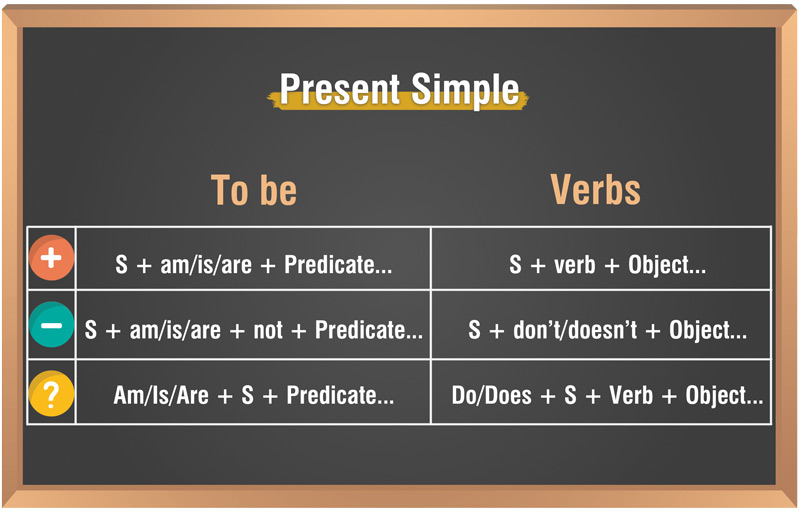
|
Can |
The verb “to be” |
Verb “usually” |
|
Confirm |
I + am He, She, It + is You, We, They + are E.g.1: I am a student. E.g.2: They are teachers. E.g.3: She is my mother. |
I, You, We, They + V (infinitive) He, She, It + V (s/es) E.g.1: He always swims in the evening. E.g.2: Mei usually goes to bed at 11 p.m. E.g.3: Every Sunday we go to see my grandparents. |
|
Negative |
is not = isn’t ; are not = aren’t E.g.: She is not my friend. |
do not = don’t does not = doesn’t E.g.: He doesn't work in a shop. |
|
Doubt |
Am/ Are/ Is (not) + S + ….? E.g.: Are you a student? Yes, I am. / No, I am not.
Wh- + am/ are/ is (not) + S + ….? E.g.: a) What is this? b) Where are you? |
Do/ Does (not) + S + V..? E.g.: Do you play tennis? Yes, I do. / No, I don’t.
Wh- + do/ does (not) + S + V(infinitive)...? E.g.: a) Where do you come from? b) What do you do? |
|
Another note |
When conjugating verbs in this tense, for the first person (I), second person (you) and 3rd plural (they), the verb does not have to be conjugated, use the infinitive without “to” as in example mentioned above. For the 3rd person singular (he, she, it), the verb must be conjugated by adding the ending "s/es" depending on the situation. For example: He walks. / She watches TV ... How to add s/es after verbs: - More s after most verbs: want - wants; work - works;… - More es on verbs ending in ch, sh, s, ss, x, z, o: miss - misses; wash - washes; fix - fixes; teach - teaches; go - goes ... - Cancel y and add ies after verbs ending in a consonant + y: study - studies; fly - flies; try - tries ... EXTENDED: How to pronounce the final consonant "-s" (applies to all words, of different word types) * Note: the pronunciation of this final consonant must be based on international transcription, not on spelling. – /s/: When the word has a final sound of /k/, /p/, /t/, /f/, /θ/ example: likes /laɪks/; cakes /keɪks/; cats /kæts/; types /taɪps/; shops /ʃɒps/; laughs /lɑːfs/; cuffs /kʌfs/; coughs /kɒfs/; paths /pɑːθs/; months /mʌnθs/ – /iz/: When the word has the final sound is /s/, /ʃ/, /z/, /tʃ/, /dʒ/, /ʒ/ example: misses /mɪsɪz/; places /pleɪsɪz/; buzzes /bʌzɪz/; rises /raɪzɪz/; sizes /saɪzɪz/; matches /mætʃɪz/; watches /wɒtʃɪz/; washes /wɒʃɪz/; dishes /dɪʃɪz/; manage /ˈmænɪdʒɪz/; changes /tʃeɪndʒɪz/; garages /ˈɡærɑːʒɪz/; rouge /ruːʒɪz/ – /z/: When the last sound is the remaining consonants or vowels:/m/, /n/, /ŋ/, /l/, /g/, /b/, /d/, /r/, /v/, /ð/, /eɪ/, /aɪ/ … example: cabs /kæbz/; beds /bedz/; needs /niːdz/; bags /bæɡz/; loves /lʌvs/; gives /ɡɪvs/; bathes /beɪðz/; clothes /kləʊðz/; apples /ˈæpəlz/; swims /swɪmz/; comes /kʌmz/; eyes /aɪz/; plays /pleɪz/ |
|
3. How to use
➣ Describes a habit or action that happens regularly and repeatedly.
For example:
- I brush my teeth every day.
- I usually get up at 6 o''clock.
➨ We see that waking up at 6 am is a frequently repeated action => using the simple present tense. Because the subject is “I”, the verb “get up” is in the infinitive form.
- July is always on time.
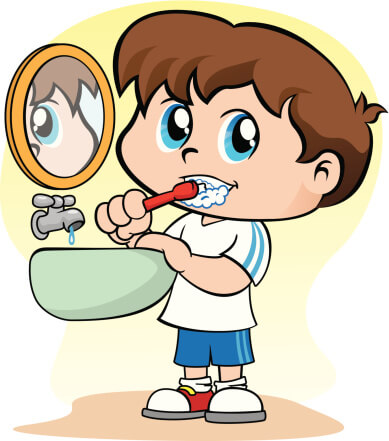
I brush my teeth every day
➣ Expresses obvious truths and truths.
As obvious things and phenomena in life, there is nothing to debate
For example:
- The sun sets in the west.
- The earth moves around the Sun.
➨The fact that the earth always revolves around the sun is an obvious fact => use simple present.
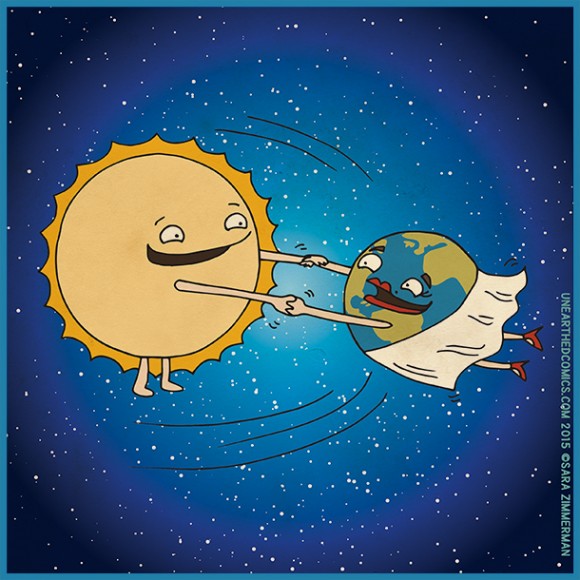
The earth moves around the Sun.
➣ Describe events that will happen in the future
This is often used to talk about timetables, schedules, programs or plans, schedules...
For example:
- The plane takes off at 7 a.m this morning.
- The train leaves at 8 a.m tomorrow.
➨ Even though the plane has not arrived or the train has not departed, because this is an available schedule, the simple present tense will be used.
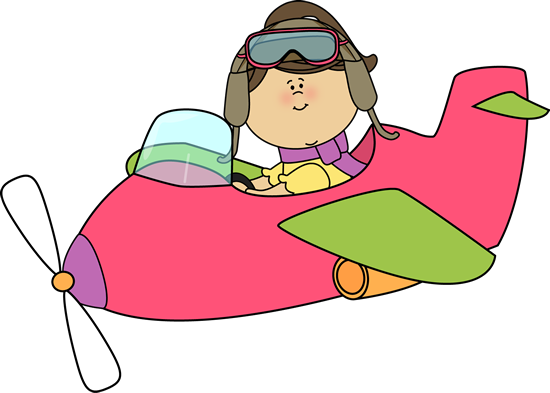
The plane takes off at 7 a.m this morning
➣ Used in conditional sentences type 1
For example:
- If my headache disappears, we can play tennis.
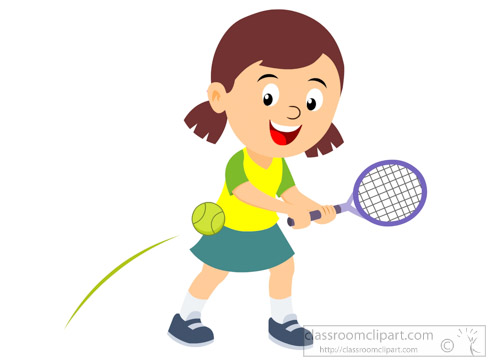
If my headache disappears, we can play tennis.
➣ Used in a number of other constructions in English
For example:
- We will wait until he comes.
- They will go to the beach only when it is sunny.
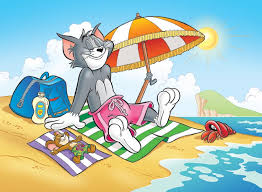
They will go to the beach only when it is sunny.
4. Identification signs
Signs to recognize the simple present tense: when there are adverbs of frequency in the sentence:
➢ Always (always) , usually (often), often (often), frequently (often) , sometimes (sometimes), rarely (rarely), rarely (rarely), hardly (rarely) , never ( never), generally (generally), regularly (regularly) ...
For example:
+ We sometimes go to the beach.
+ I always drink lots of water.
➢ Every day, every week, every month, every year, every morning …
Daily, weekly, monthly, quarterly, yearly
For example:
+ They watch TV every evening.
+ I play football weekly.
➢ Once/ twice/ three times/ four times….. a day/ week/ month/ year,…….
For example:
+ He goes to the cinema three times a month.
+ I go swimming once a week.

